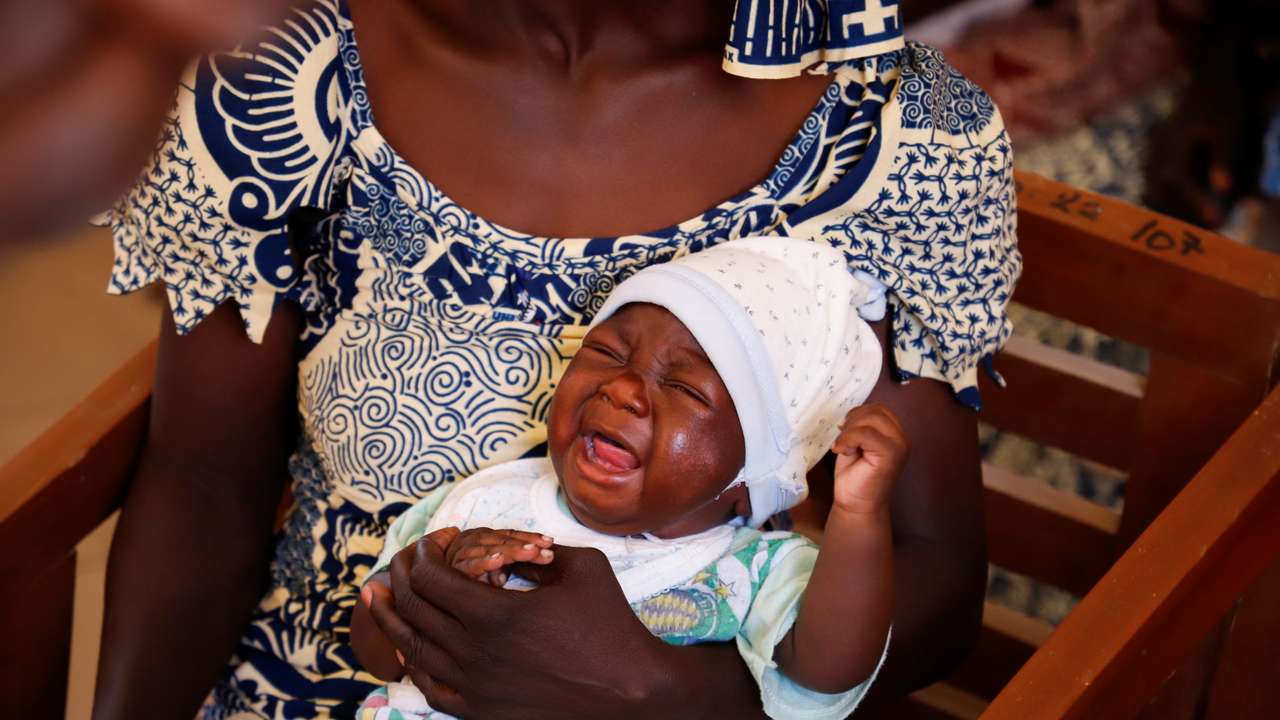Poor community awareness could undermine rollout of new baby malaria drug, expert warns

A leading health advocate has warned that poor community education could prevent African families from embracing the new life-saving malaria drug introduced for babies.
Speaking to GSW, Research and Outreach Associate at Target Malaria Uganda, Krystal Birungi said the implementation of the newly formulated antimalarial treatment for infants, though a major step towards the eradication of the disease, will be less successful without serious sensitisation at the grassroots.
“There is a real risk that they will not embrace something that could literally save lives. We need to remember not to ignore the need for community sensitisation and mobilisation,” she said.
Her comments come as African countries begin to roll out new malaria tools, including vaccines and child-specific treatments, in regions where the disease remains the leading cause of death for children.
Using Uganda as an example, Krystal highlighted the importance of community-level systems like Village Health Teams. These teams, made up of trained volunteers, play a key role in educating the public, offering basic treatment, and referring patients for care, particularly in hard-to-reach areas.
“We have the new vaccines coming in, which is excellent. But if people are not educated to this, if they’re not sensitised, then it could all fall flat,” Krystal added. Malaria kills hundreds of thousands in Africa every year, the majority of them children.
The new drug, designed specifically for babies, could help fill a major treatment gap, but for it to work, advocates say, communities must first know it exists.
This story is written and edited by the Global South World team, you can contact us here.